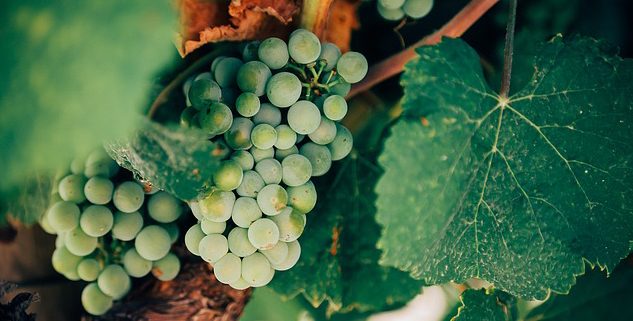New Zealand-based investment firm MyFarm is expanding its investment portfolio beyond dairy, sheep, and beef farms, and two kiwi orchards to include a newly acquired vineyard.
MyFarm will add the 71-hectare Patriarch vineyard in Marlborough to its portfolio that currently includes 35 New Zealand dairy farms, 10 sheep and beef holdings, and two kiwi orchards located in South Auckland and Bay of Plenty.
“We don’t know vineyards, but we know quality land and quality investments, and we decided to expand our product base,” Andrew Watters, director with MyFarm told Stuff.
The vineyard, which mainly produces Marlborough sauvignon blanc, has an established ten year lease with a local winemaker who has a takeoff agreement for the grapes. Cash returns from the investment are expected to begin in November of this year with projected returns of 8.4 percent.
“If you look at agriculture in the wider sense, most pastoral sectors are struggling. but the permanent crops are doing well, such as viticulture, pipfruit, kiwifruit and even manuka,” Watters said.
A Compelling Story
“We believe the basics of supply and demand make this a compelling story,” said the firm on its website in regard to its decision to begin adding vineyard investments to its portfolio.
Metrics including strong demand for New Zealand wines on global markets, tight supply of land with the optimal terroir for grape production, and intense competition between wine producers to secure leases on the best vineyards have prompted MyFarm to explore the space.
Compelling indeed, Watters told Stuff that the firm is also conducting due diligence on a piece of land that would be suitable for development of another new vineyard.
“This is bare land and we’ll develop it and plant grape vines,” said Watters. “It will take longer before there is a return. Our figures show developing grapevines should be valued about 25 per cent below buying a developed orchard.”
More than Wine in the Pipeline
Aside from the investment firm’s expansion into vineyards, Watters told Stuff that MyFarm is also considering an additional investment in a kiwifruit orchard located in Te Puke. The addition will serve to diversify its kiwi investments in a sense, as the two existing orchards in the firm’s portfolio produce green kiwifruit and then one being considered for acquisition produces gold kiwi.
“The two we have produce green kiwifruit, but this one we are considering produces gold,” noted Watters. “Some of the better growers are getting returns of more than 20 percent. It is not cheap, but returns will come to investors immediately. We will go with smaller investment parcels.”
The firm is also undertaking the task of converting about one third, or 11 of its dairy farm holdings from conventional to organic milk production.
Although the conversion will take between two to three years, and may reduce volumes of milk due to the inability to use nitrogen fertilizers, the payout of $9.20 per kilogram of organic milksolids compared to a payout of $5.25 per kilogram of milksolids for conventional milk is a solid financial driver for doing so.
“We are about to start the changeover and to get applications in, and get registered,” said Watters.
Indeed, Fonterra announced in the spring of this year that it was planning to launch a market-linked organic milk price for its organic milk suppliers, according to Dairy Reporter. The volatility that has been seen in the conventional milk market has largely been absent for its organic counterpart, which has seen steady high prices since 2013/14 according to Paul Grave, head of co-operative affairs, Waikato.
“Organic milk prices are high because consumers’ appetite for organic milk products is growing faster than supply,” Graves told Dairy Reporter.
—
Lynda Kiernan

